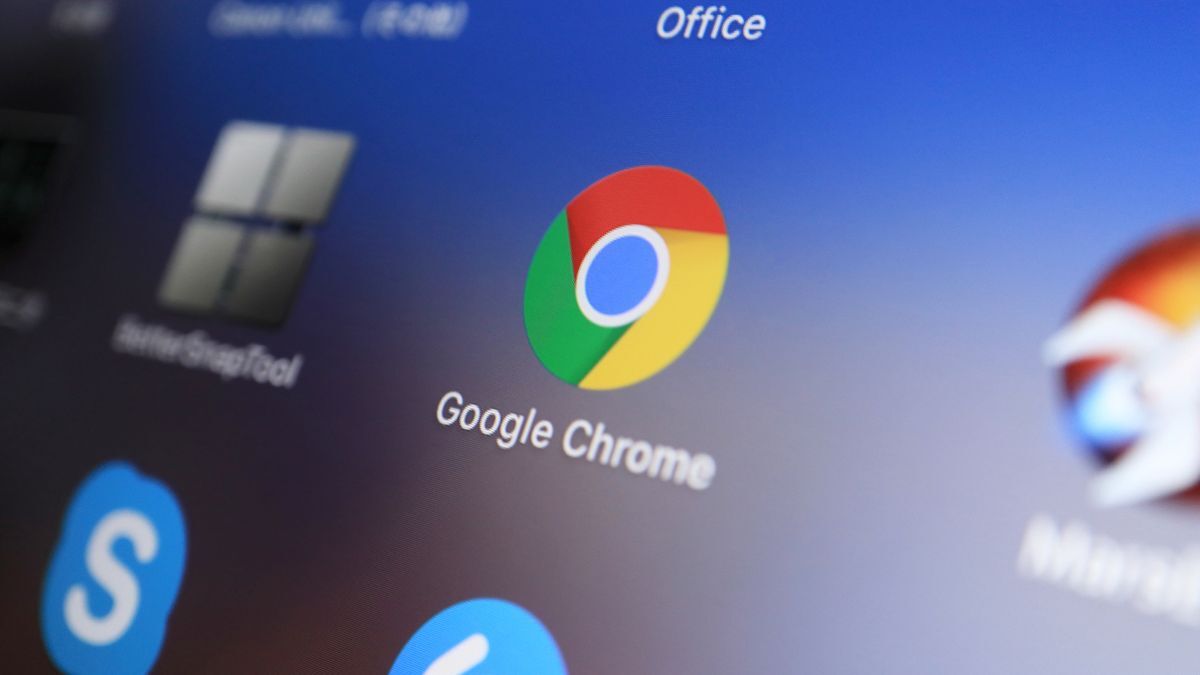- cross-posted to:
- firefox@lemmy.ml
- technology@lemmy.world
- cross-posted to:
- firefox@lemmy.ml
- technology@lemmy.world
Clearly, Google is serious about trying to oust ad blockers from its browser, or at least those extensions with fuller (V2) levels of functionality. One of the crucial twists with V3 is that it prevents the use of remotely hosted code – as a security measure – but this also means ad blockers can’t update their filter lists without going through Google’s review process. What does that mean? Way slower updates for said filters, which hampers the ability of the ad-blocking extension to keep up with the necessary changes to stay effective.
(This isn’t just about browsers, either, as the war on advert dodgers extends to YouTube, too, as we’ve seen in recent months).
At any rate, Google is playing with fire here somewhat – or Firefox, perhaps we should say – as this may be the shove some folks need to get them considering another of the best web browsers out there aside from Chrome. Mozilla, the maker of Firefox, has vowed to maintain support for V2 extensions, while introducing support for V3 alongside to give folks a choice (now there’s a radical idea).



Didn’t they just announce recently that they were going to work more with advertisers? https://blog.mozilla.org/en/mozilla/improving-online-advertising/
How to improve online advertising: Step 1: remove all online advertising
People completely misunderstand this feature (which is only a temporary prototype anyways), and I think that’s entirely Mozilla’s fault. They do a really poor job explaining it.
Usually ad networks implement sophisticated tracking, which works in a highly invasive way. They need the telemetry to watch their campaigns. Firefox now offers the option to collect a minimal amount of data for them and inform the network indirectly.
This is a good thing for the end user. The trackers are not needed, you gain privacy. Disabling the option makes it so you’re instantly tracked MORE.
Mozilla shouldn’t have staged this as an opt-out of the new system. You actually OPT-IN to networks running their old scripts on your machine to collect your telemetry:
[ ] Allow ad networks to run their own telemetry
(Beta functionality, some advertisers may still run their own trackers, even when this option is disabled.)
That would be the same thing, but communicate what it’s doing.
The fact that advertisers like Meta might be on board with this should be exciting to people. That they are even considering giving up so much data and now only receive a single number of impressions per campaign is very unexpected.
Also, none of this matters if you block ads anyways. If you don’t load the ad, neither the networks script runs its telemetry, nor does Firefox increase the counter for the campaign id.
If you’re wondering what’s every involved party’s gain in this, an interesting read is the IPA white paper, where the overall design targets for the system are stated: Interoperable Private Attribution (IPA), 2022
In particular:
In designing IPA, we set out to find a win-win-win solution for cross platform attribution measurement that met our goals across privacy, utility, and competition.
• Privacy: data collected about the user is minimized, protecting the end-users privacy. • Utility: the telemetry process is unified and simplified across all platforms, reducing the costs • Competition: it will be an open, standardized system, accessible to everyone
Just to be clear, I dislike the way Mozilla rolled this out. They already have a “Studies” checkmark that people can enable if they wish to participate in stuff like this. That Mozilla treats this prototype differently is actually not ok, and breaks trust with their users. But as far as I’m concerned, this is a completely separate topic from the update content, which I wish to be successful.
I’m not sure that collecting data is actually a good thing for the end user, but to each their own I suppose.
Yeah, the reason they could be collecting data, is to feed it to an AI.
It’s an improvement over the current systems. Incremental improvements to the state of things can be a good thing too.
i think the key word is option